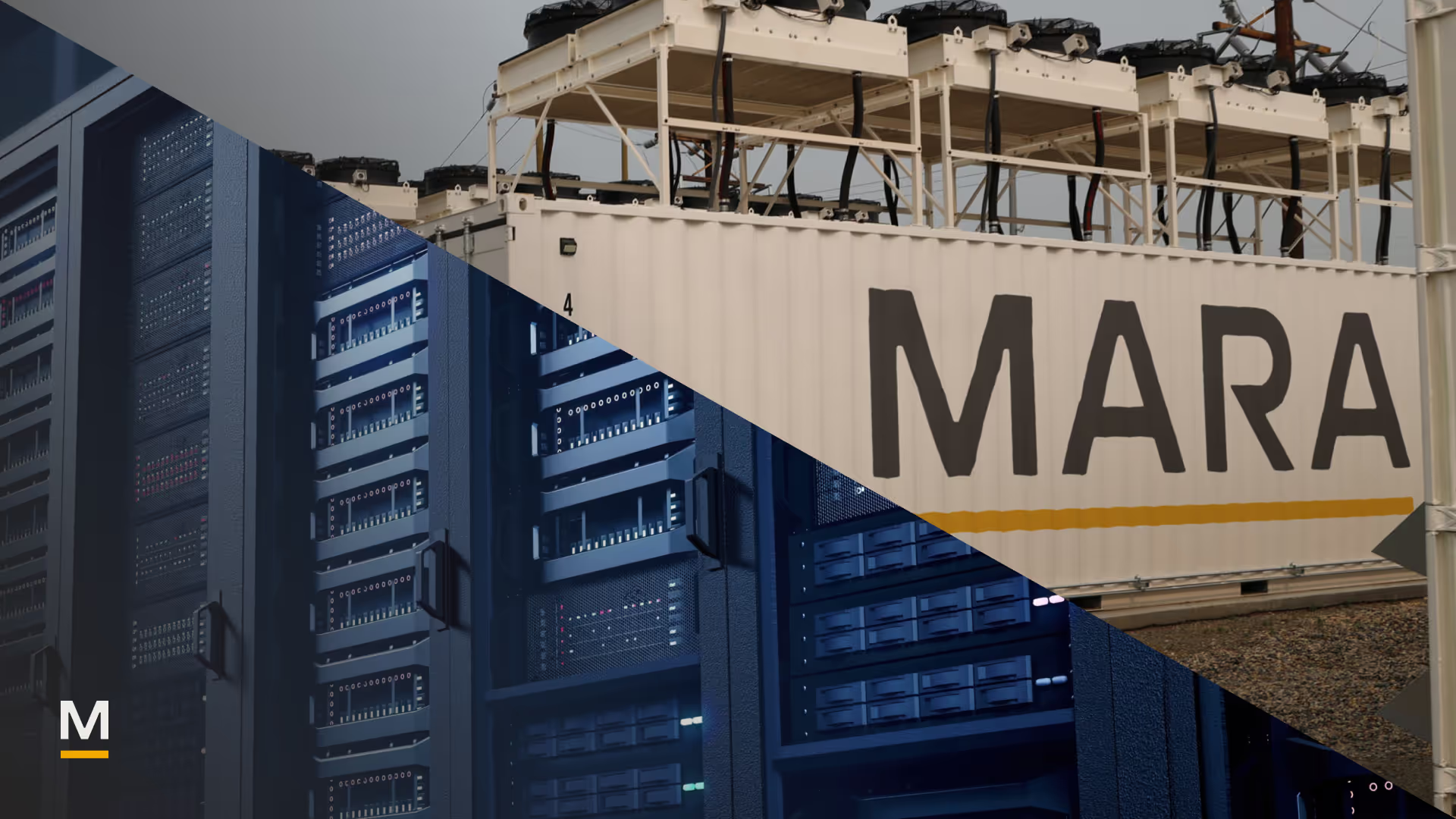Insights
Stay up to date with the latest news & insights
Thank you! Your submission has been received!
Oops! Something went wrong while submitting the form.
Bitcoin Mining in the Age of AI
Stronger Climate Disclosure: Improved Results in MARA’s Latest CDP Score
Powering the Inference Era of AI
MARA at FII9: Sharing a Vision for Smarter Energy & Compute
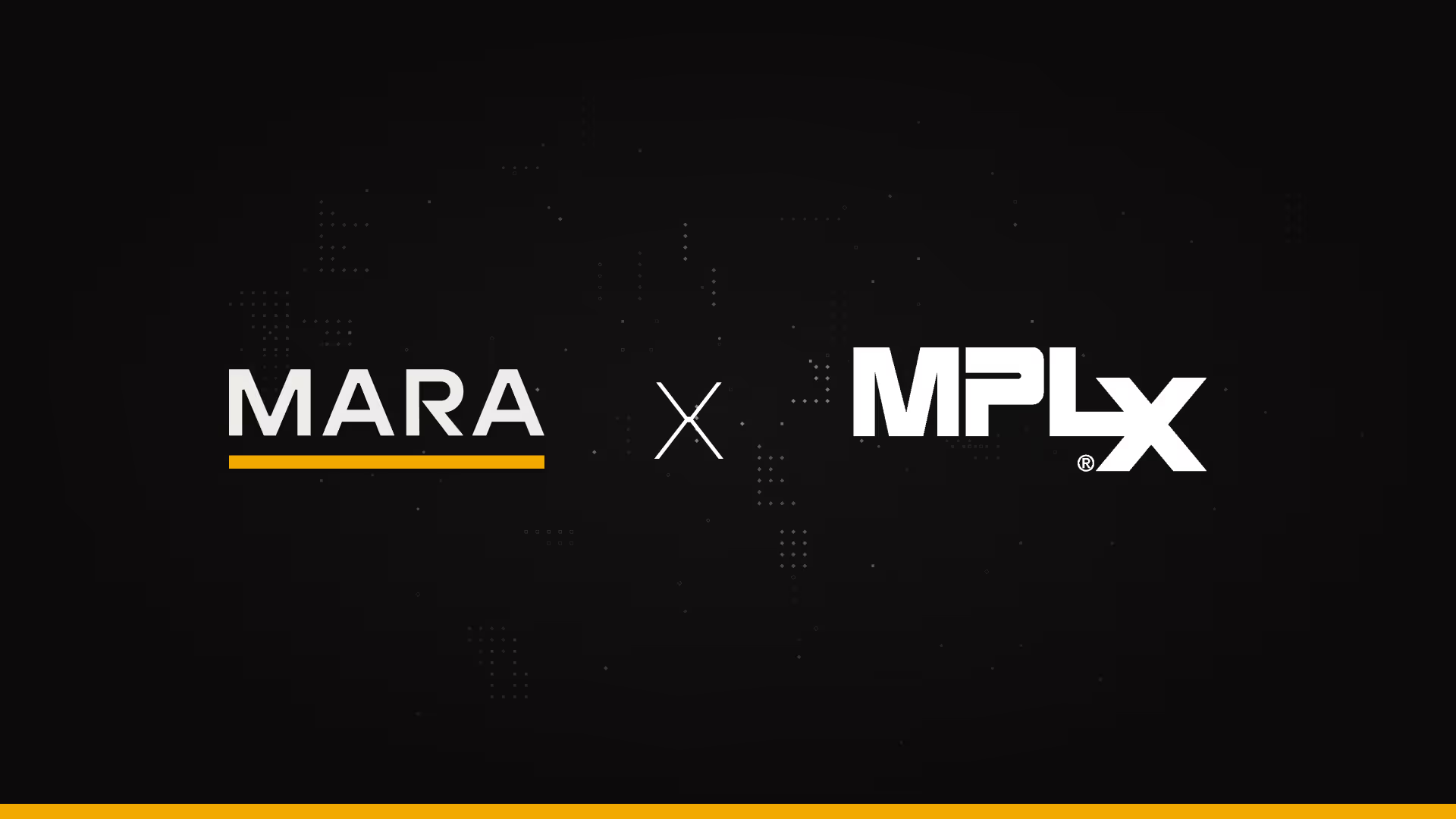
Announcement
MPLX & MARA Announce Collaboration on Integrated Power Generation & Data Center Campuses in West Texas
MPLX & MARA Announce Collaboration on Integrated Power Generation & Data Center Campuses in West Texas
The AI Energy Revolution: Turning Electrons into Value
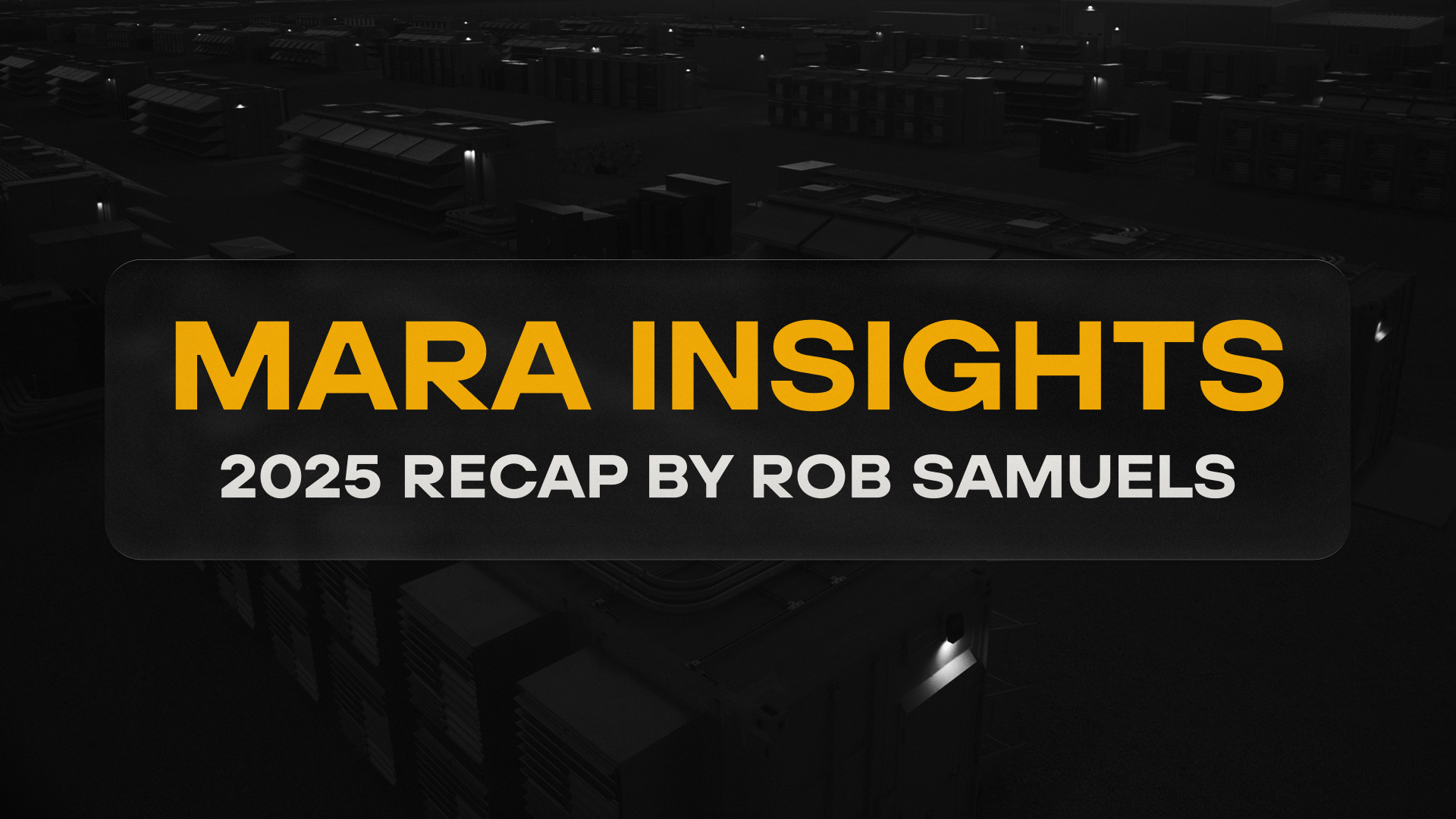
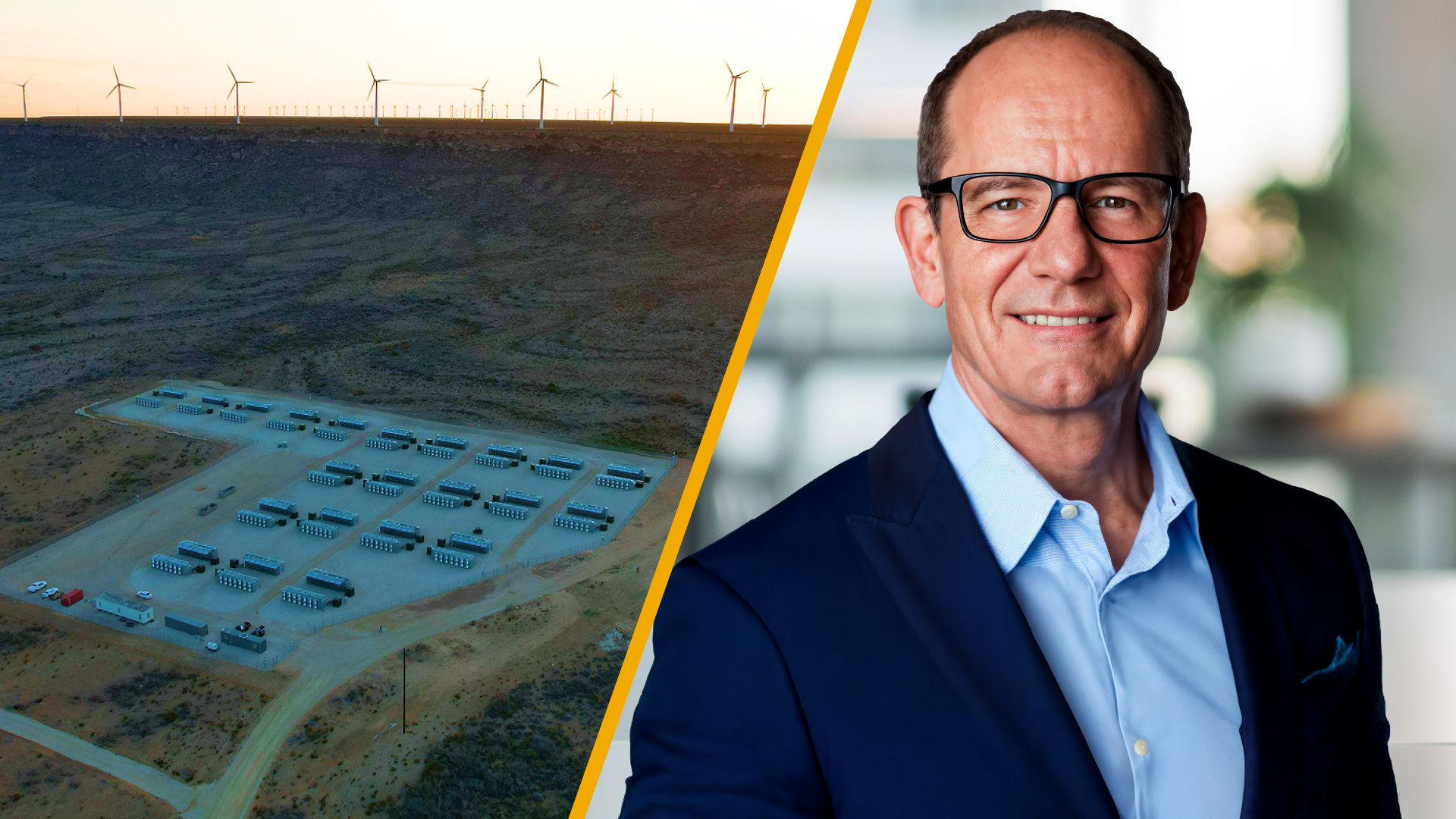
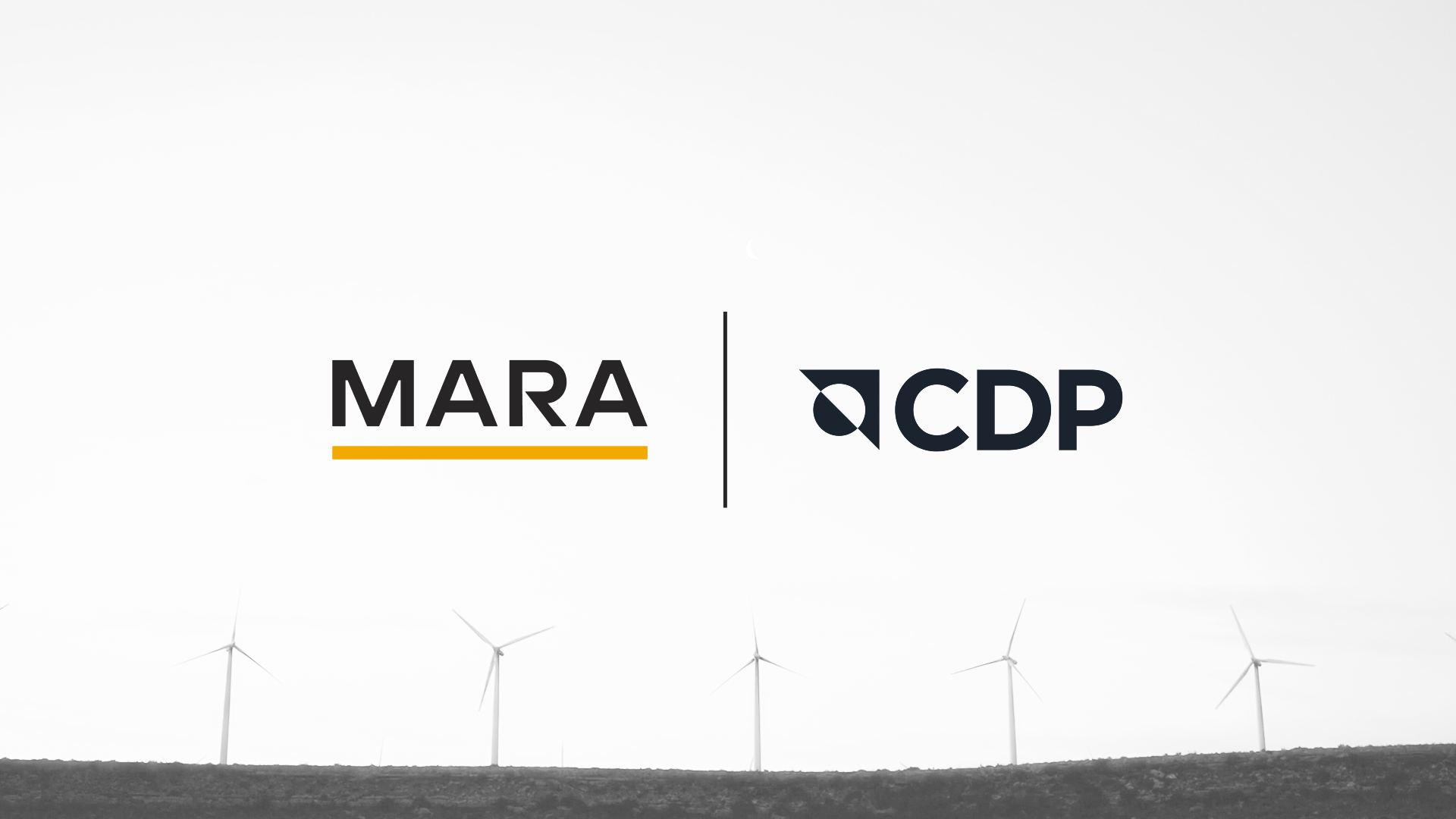
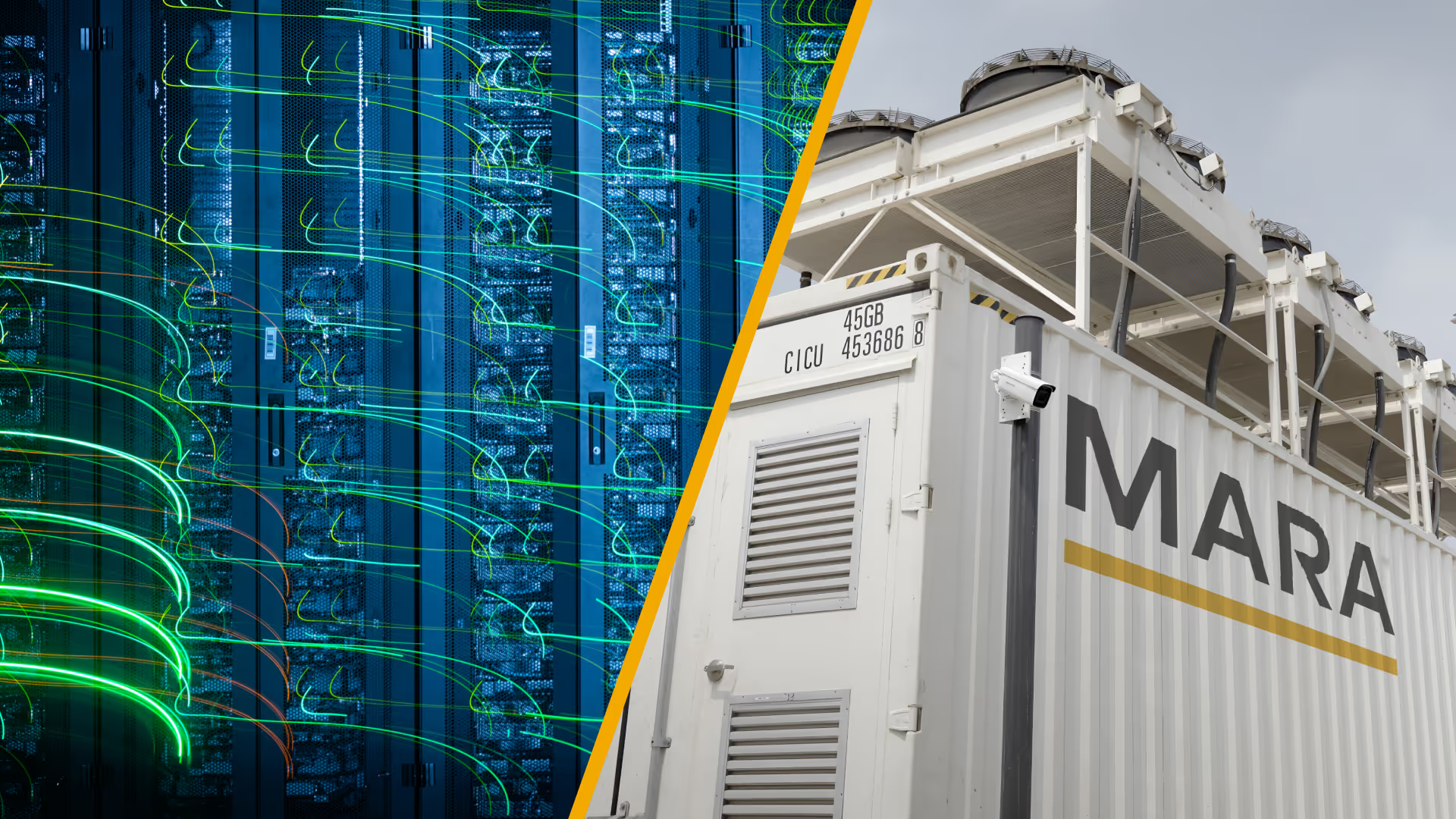
.avif)
